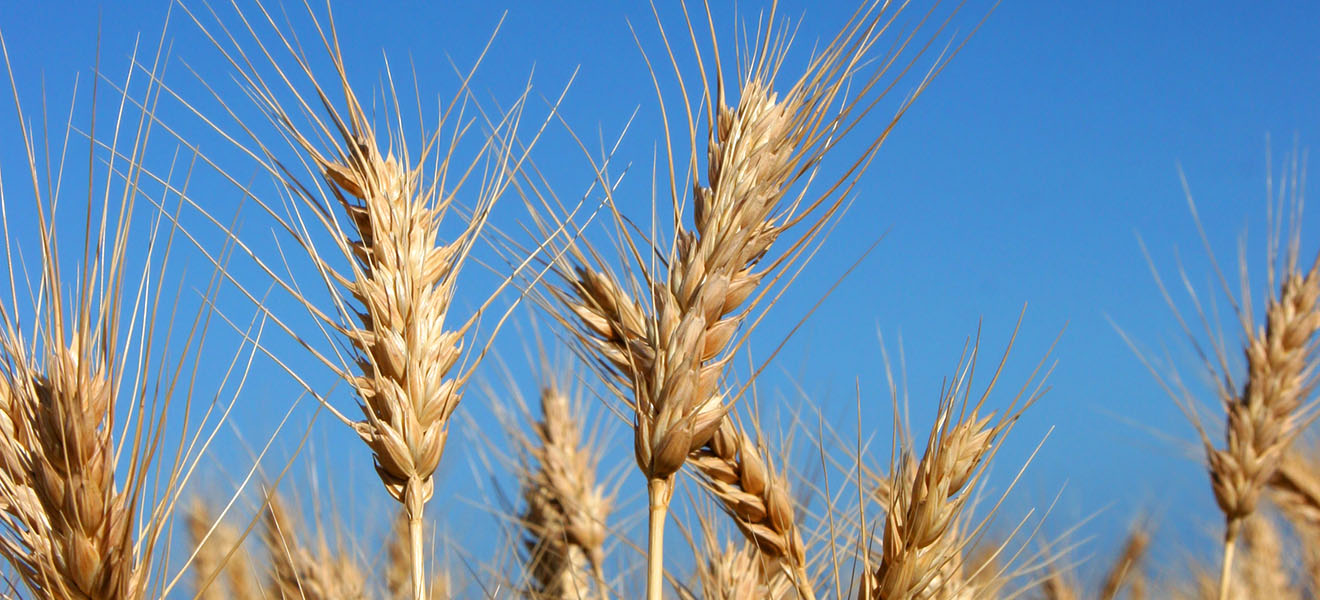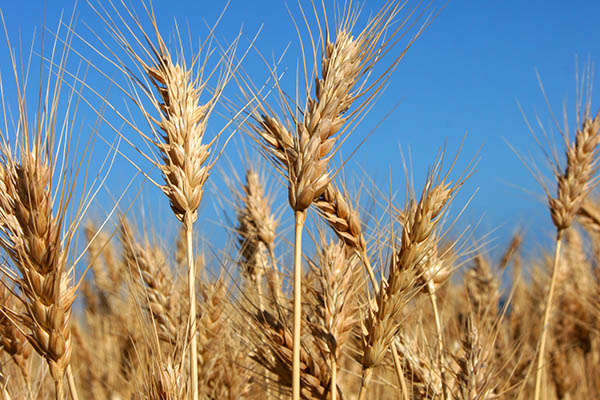Providing statistical rigour for the grains industry to improve international competitiveness and global food security
A two decade strong association between UOW biometricians and the agricultural industry is helping to significantly improve grain yields in the light of future world food shortages.
The partnership between the Centre for Bioinformatics and Biometrics at UOW, led by Professor Brian Cullis, and the Grains Research Development Corporation (GRDC), is supported by two pillars: firstly, educating plant breeders, plant scientists and biometricians in relevant statistical methodologies; and secondly, developing information delivery tools and software to support plant breeding programs.
Together with collaborators at the CSIRO, state agriculture departments and Australian universities, significant outcomes of the partnership include the development and application of best practice statistics and decision support tools to enable Australian grain growers to make informed decisions, such as the National Variety Trial (NVT) system. The NVT is an annual program of comparative variety testing in which current commercial varieties and breeding lines close to commercial release are evaluated across the Australian grain belt.
As well, the research team has worked with state agriculture departments and growers to adopt advanced multi-environment trial analyses and designs for their plant improvement programs.
These real-world outcomes are set to continue with the appointment in 2016 of UOW as the national node for the GRDC’s Statistics for the Australian Grains Industries project. This five year, $5.7 million project is responsible for underpinning long-term GDRC research projects with high quality statistical and bioinformatics support.
The project will build on the partnership’s record for providing high-quality information and decision-making tools to the industry, thus ensuring Australian grain growers can maintain their standing in a competitive international market, and continue to contribute to global food security.
“With an increasing demand for food and a real reduction in the availability of arable land, there needs to be a shift-step in the rate of genetic progress in wheat to address world food shortages,” Professor Cullis said.
“The statistical information which underpins the experiments and trials of these grains is crucial to ensuring safe, sustainable outcomes.”
Partner organisations
Grains Research Development Corporation
NSW Department of Primary Industries
Department of Agriculture, Victoria
CSIRO
Australian National University
University of Adelaide
University of Sydney
Grains Research Development Corporation
NSW Department of Primary Industries
Department of Agriculture, Victoria
CSIRO
Australian National University
University of Adelaide
University of Sydney
UOW participants
Prof. Brian Cullis, A/Prof. Alison Smith, Dr David Butler, Dr Ky Mathews, Chris Lisle, Daniel Tolhurst, Lauren Borg, Nicole Cocks, Jess Meza, Ramethaa Pirathiban





